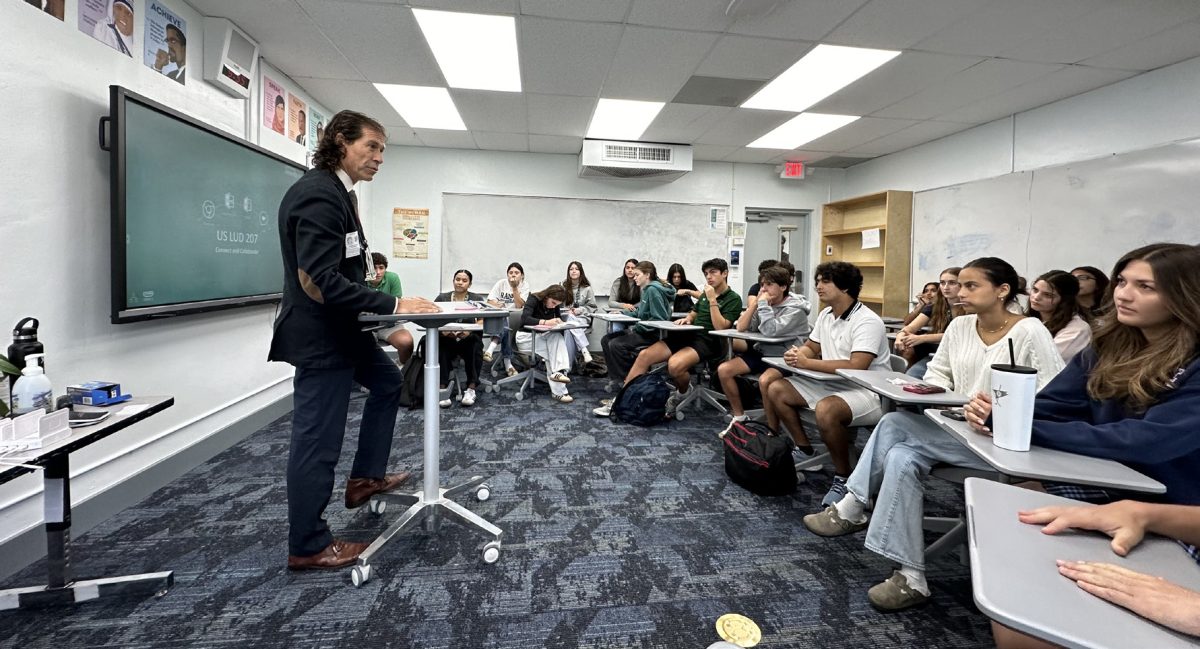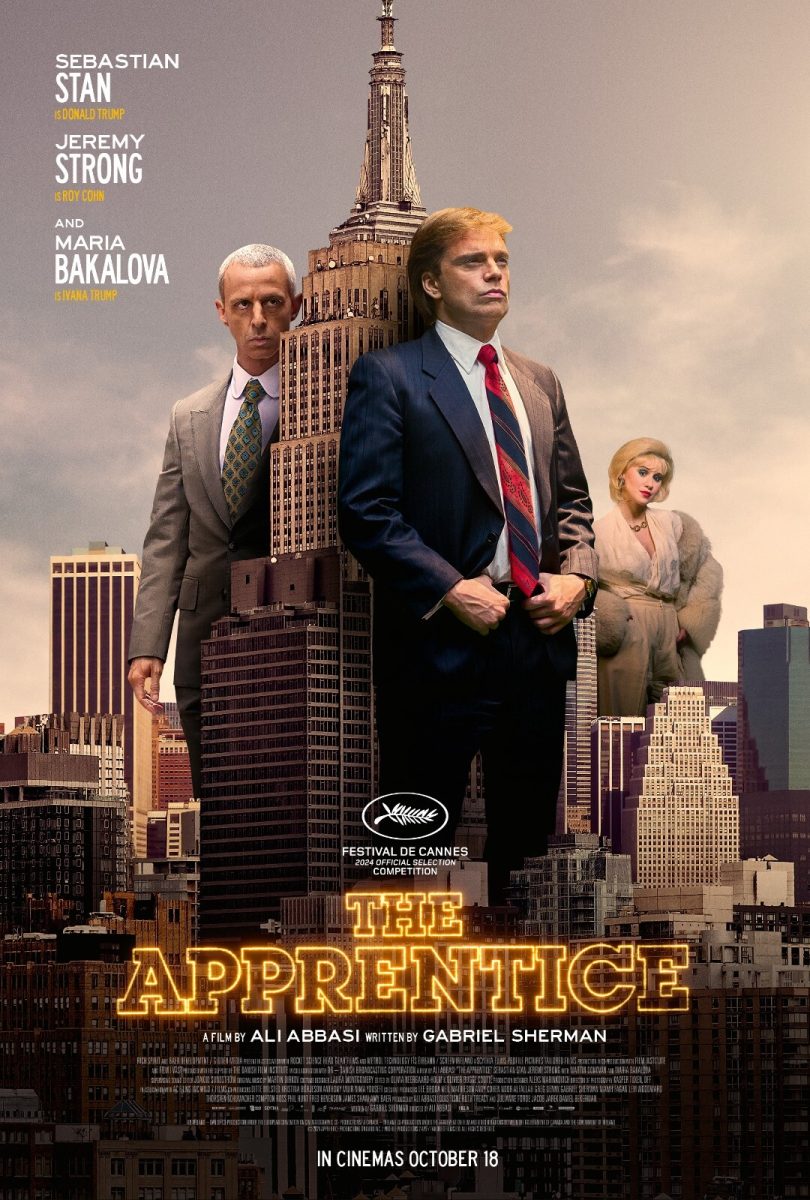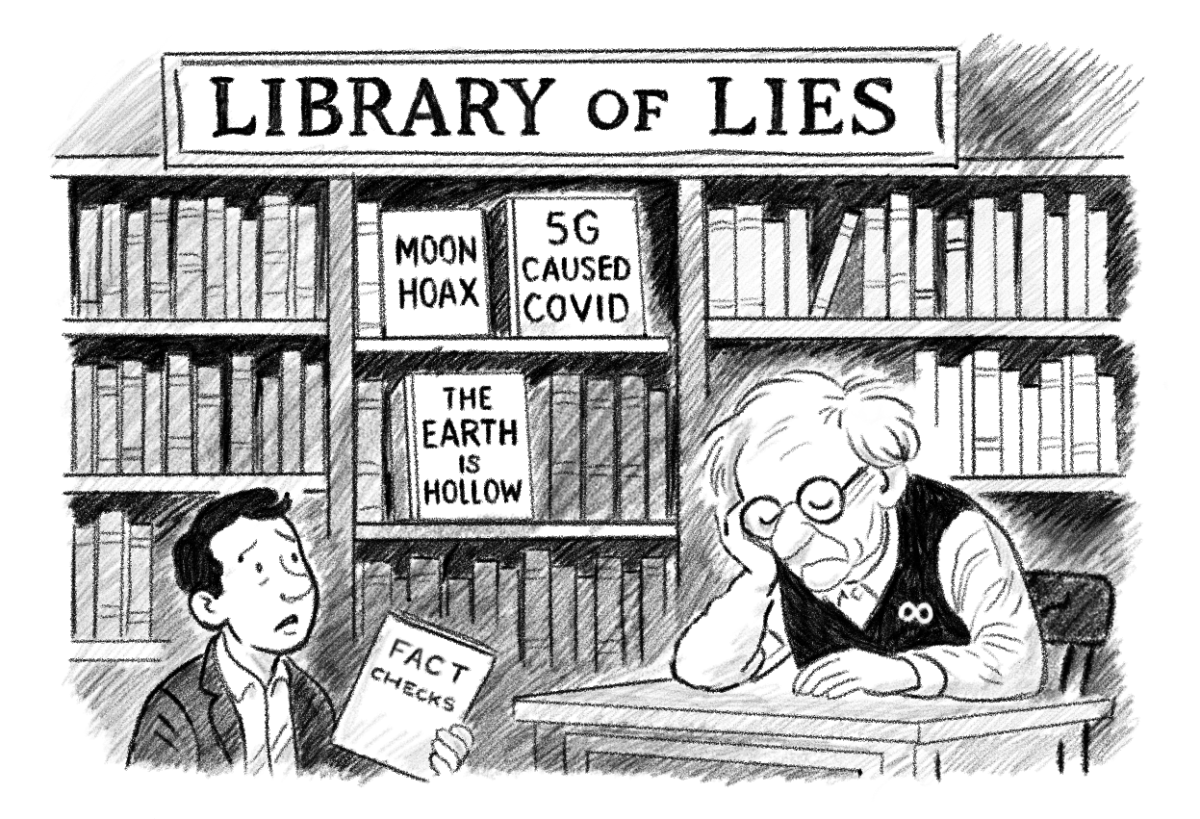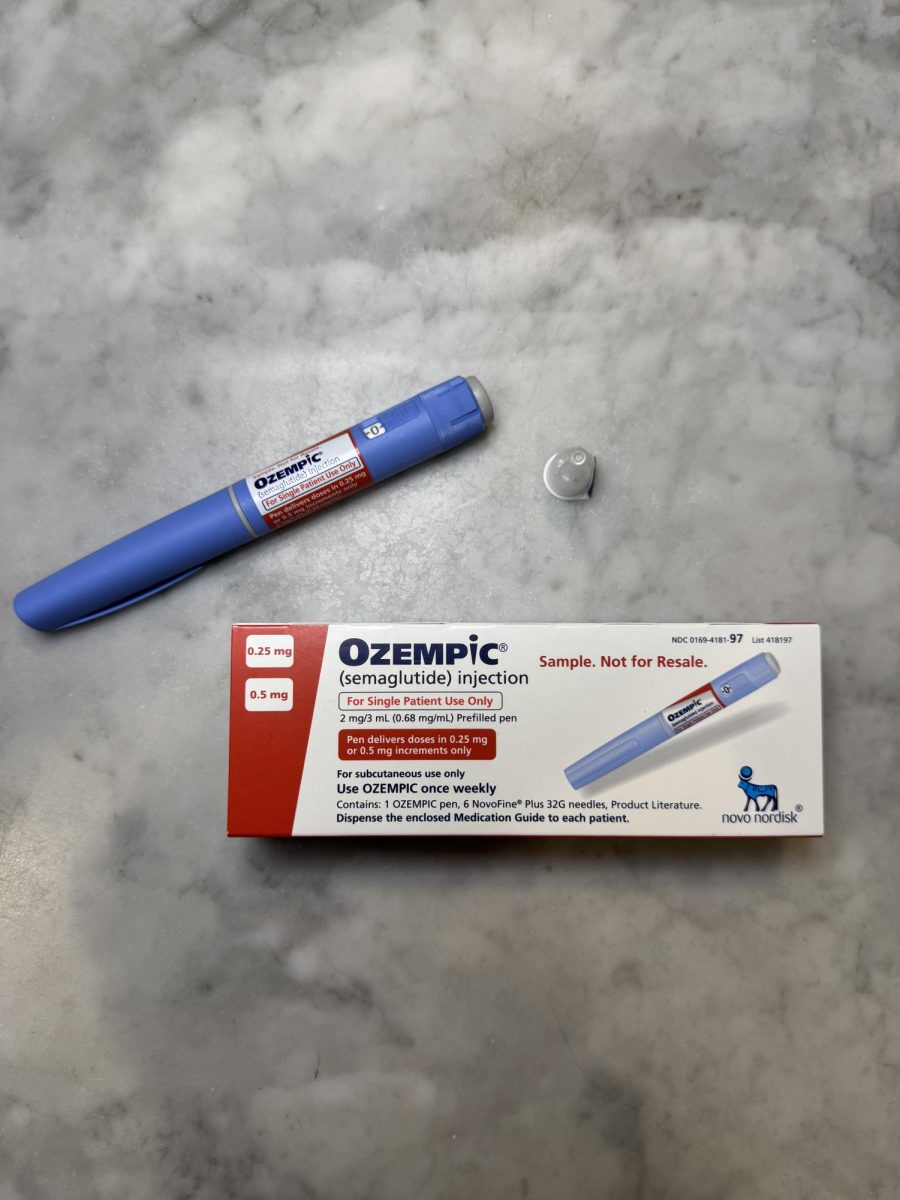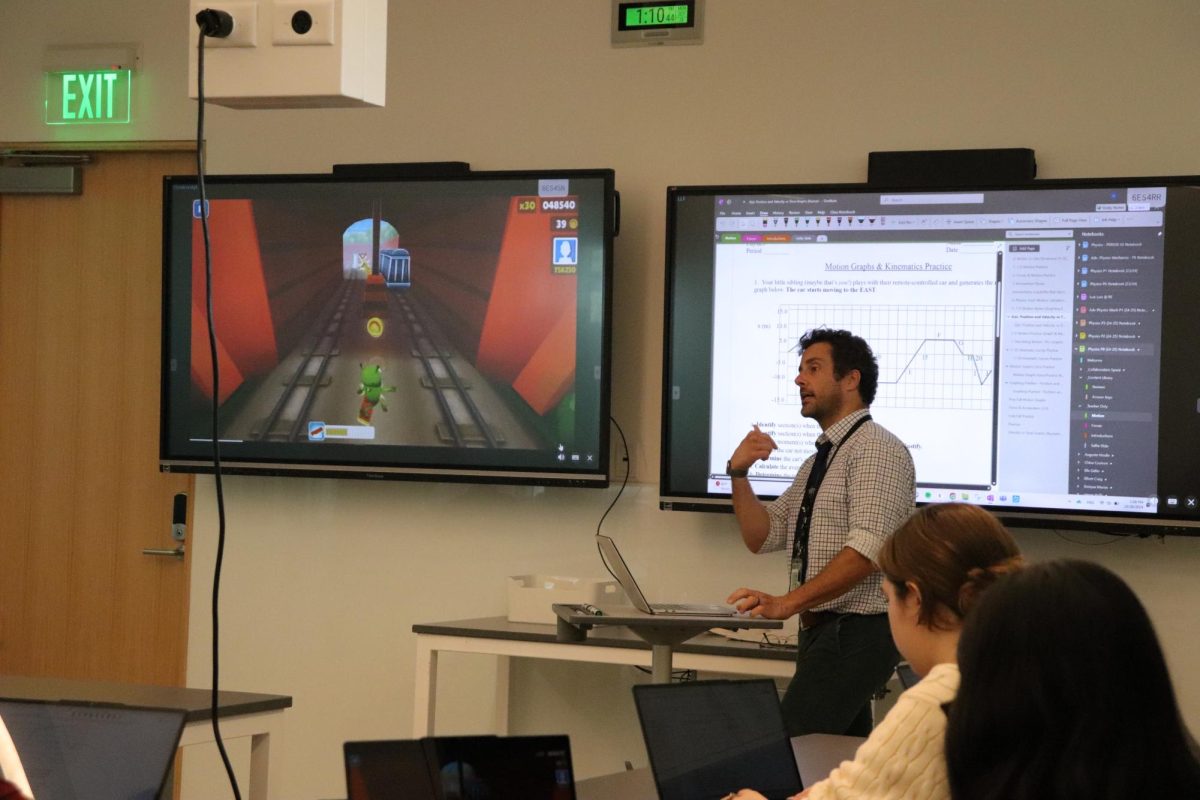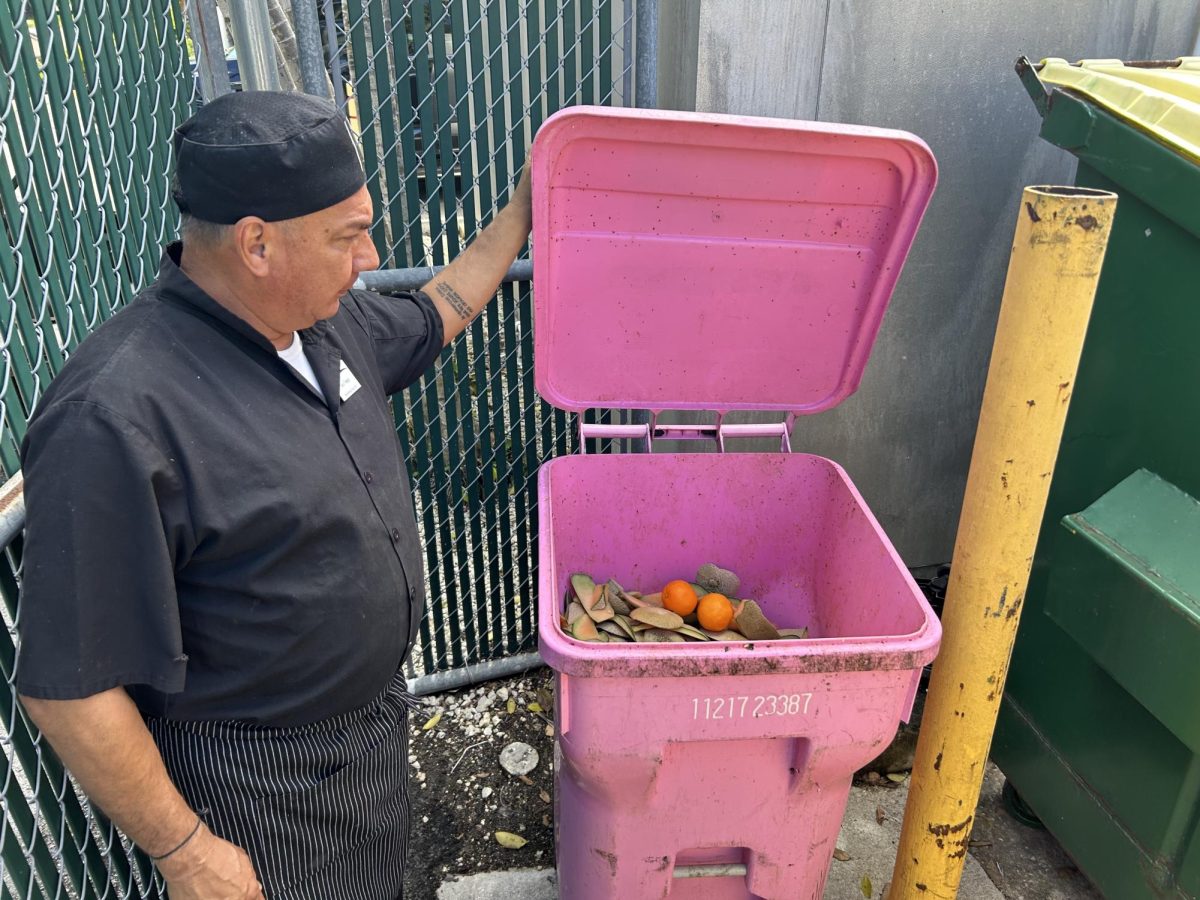In 1935, the quiet town of Flemington, New Jersey, became the epicenter of one of America’s most sensational dramas. Thousands gathered outside the Hunterdon County Courthouse, straining for a glimpse of Bruno Hauptmann, the man accused of kidnapping and murdering Charles Lindbergh’s infant son.
Inside, the courtroom buzzed with the furious clattering of typewriters, the flash of cameras, and the relentless energy of reporters scrambling for every look, every word. Radio broadcasts delivered live updates across the nation, transforming the trial from a legal proceeding into a nationwide obsession. Justice became a spectacle for the people.
The frenzy surrounding Hauptmann’s trial left a legacy, forever altering the relationship between the media and the legal system. By 1946, the chaotic scenes had led to Federal Rule of Criminal Procedure 53, a regulation banning electronic media from federal criminal trials to protect the integrity of justice.
The goal was simple to ensure that legal proceedings could unfold in a manner free from the distortion of public performance. Yet, decades later, as the hum of typewriters has evolved into the roar of social media, those lessons feel almost faint.
Today, courtroom scenes and witness testimony are transformed into viral content: livestreamed on TikTok, summarized on X, and endlessly dissected in comment sections around the world. The result is a justice system increasingly shaped not by deliberation, evidence, or the rule of law, but by the court of public opinion.
In this digital age, where a trending hashtag can hold more weight than a legal verdict, criminal defense attorneys stand as both protectors of the law and targets of public skepticism. Their work, essential to the functioning of our justice system, is often misunderstood. To safeguard justice in this era, we must not only rethink how we engage with legal narratives but also stand firmly in defense of the defenders themselves.
The court of public opinion has become a powerful force. The 2022 defamation trial between Johnny Depp and Amber Heard showed how public narratives can overshadow judicial proceedings, with hashtags like #JusticeForJohnnyDepp and viral TikTok compilations declaring a winner before the trial concluded. Most recently, Sean “Diddy” Combs faced assault allegations in 2023, creating online debates before formal legal action, which we see now unraveling today.
The presumption of innocence, a foundation of the justice system, is eroded when public sentiment forms before the evidence is fully presented. Headlines hit harder than verdicts, and social media amplifies narratives that reduce complex legal cases to simplistic moral tales. This transformation of justice into entertainment risks undermining the very principles that ensure fairness for all. So how does one defend a client when the trial begins in the headlines long before it starts in the courtroom?
Criminal defense attorneys are often misunderstood, seen as opportunists willing to bend the truth. In reality, they play a crucial role in safeguarding justice, protecting the rights of the accused, and ensuring cases are decided on evidence, not bias. As Clarence Darrow said, “To be an effective criminal defense counsel, an attorney must be prepared to be ‘a hated, isolated, and lonely person—few love a spokesman for the despised and the damned.”
Howard Srebnick P’24, a seasoned defense attorney and parent of RE alumna Sofi Srebnick ’24, is acutely aware of these dynamics. “I want the community to know there is another side to the story,” he explains. A partner at Black Srebnick with over 30 years of experience, Mr. Srebnick has defended some of the nation’s most recognized figures, including four-time Indy 500 champion Helio Castroneves, pop star Justin Bieber, and rapper Lil Wayne, who later received a presidential pardon. Known for his meticulous approach, he has earned accolades such as inclusion in The Best Lawyers in America, where his peers describe him as a “masterful trial attorney” with an eye for strategy.
For Mr. Srebnick, the work of a defense lawyer is not just about countering accusations but about upholding a system where every story—no matter how unpopular—is given a fair chance to be heard. “The government can accuse anyone without presenting the evidence that casts doubt on the government’s case,” he explained.
In an age where the court of public opinion often renders its verdict before the facts are even presented, defense attorneys are among the last lines of defense for a justice system built on fairness and impartiality.
If we are serious about protecting justice in the age of social media, we must start by addressing our own behavior as consumers of media. We must resist the urge to reduce trials to entertainment. Complex legal cases cannot—and should not—be boiled down to soundbites or hashtags. Instead, we should approach these cases with humility, recognizing the limits of our knowledge and the dangers of rushing to judgment.
We also need to challenge the stigma surrounding criminal defense attorneys. Their work ensures that the rights we hold dear—due process, fair trials, and the presumption of innocence—are not sacrificed at the altar of convenience or sensationalism. Supporting these attorneys is not about excusing crime; it is about defending a system that protects everyone, guilty or innocent.
Educating the next generation to approach justice with nuance and integrity is vital. The Future Lawyers of America club, founded by Mack Srebnick ’25, nephew of Howard Srebnick, equips students with tools to navigate a world where media often oversimplifies complex truths. Through activities like Criminal Law Kahoot games, mock trials, and guest speaker sessions—including one by Howard Srebnick—students learn that justice isn’t about easy answers or loud voices but about giving every story the depth it deserves.
In LUD 207, away from social media noise, these students grapple with the challenges of seeking fairness in a world that often values speed over accuracy. And they are discovering a truth Howard Srebnick knows well: justice demands listening to voices we might prefer to ignore. It calls us to defend the misunderstood, the maligned, and the unpopular—not because it’s easy, but because it’s right.
Justice is not about perfection. As AP US Government teacher Mrs. Miriann Meyeringh said, “It takes a perfect plaintiff to get a case and then realize there isn’t a perfect plaintiff.” It’s not about flawless cases or clients but about making sure every voice is heard, even those that challenge our comfort. In a world where social media often prioritizes the loudest over the most meaningful, this principle has never been more important.
To uphold justice in today’s world, we must do more than criticize. We must defend those who ensure fairness. By addressing the stigma around criminal defense attorneys, pushing back against social media’s rush to judgment, and teaching future generations to prioritize integrity over appearances, we can preserve justice as a cornerstone of society. It isn’t about the stories we prefer—it’s about the ones that matter most.


